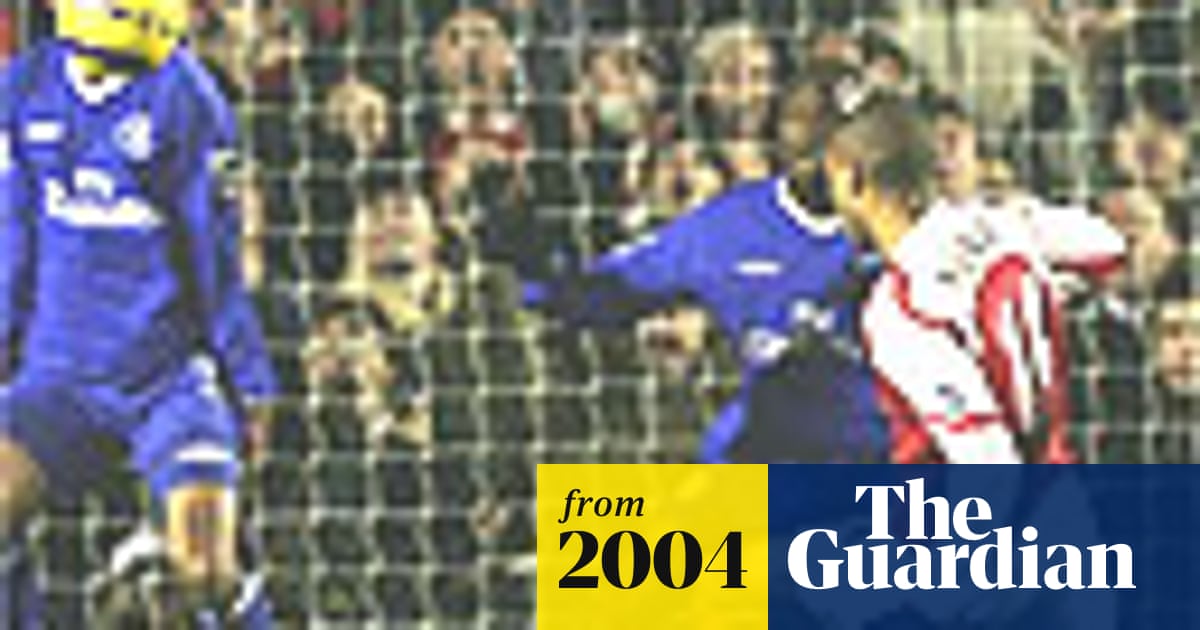anth25
Well-known member
What is the ruling on these.
Why are teams allowed to take quick free kicks all over the pitch apart from when there is a shooting opportunity. Last night Lath was fouled about 30yds out from goal. McGree was on the ball but he didn't give us an advantage. McGree then placed the ball down in the correct position and played a through ball to Lath who was in on goal. It was the foul that lead to Barlasers free kick for anyone that has watched the highlights.
For me if the defending team aren't ready then that is on them. The attacking team should be given the advantage assuming the free kick is taken in the right place.
Really annoyed me last night as Lath was through and would have been one on one (whether he would have scored is a separate discussion!)
Why are teams allowed to take quick free kicks all over the pitch apart from when there is a shooting opportunity. Last night Lath was fouled about 30yds out from goal. McGree was on the ball but he didn't give us an advantage. McGree then placed the ball down in the correct position and played a through ball to Lath who was in on goal. It was the foul that lead to Barlasers free kick for anyone that has watched the highlights.
For me if the defending team aren't ready then that is on them. The attacking team should be given the advantage assuming the free kick is taken in the right place.
Really annoyed me last night as Lath was through and would have been one on one (whether he would have scored is a separate discussion!)

